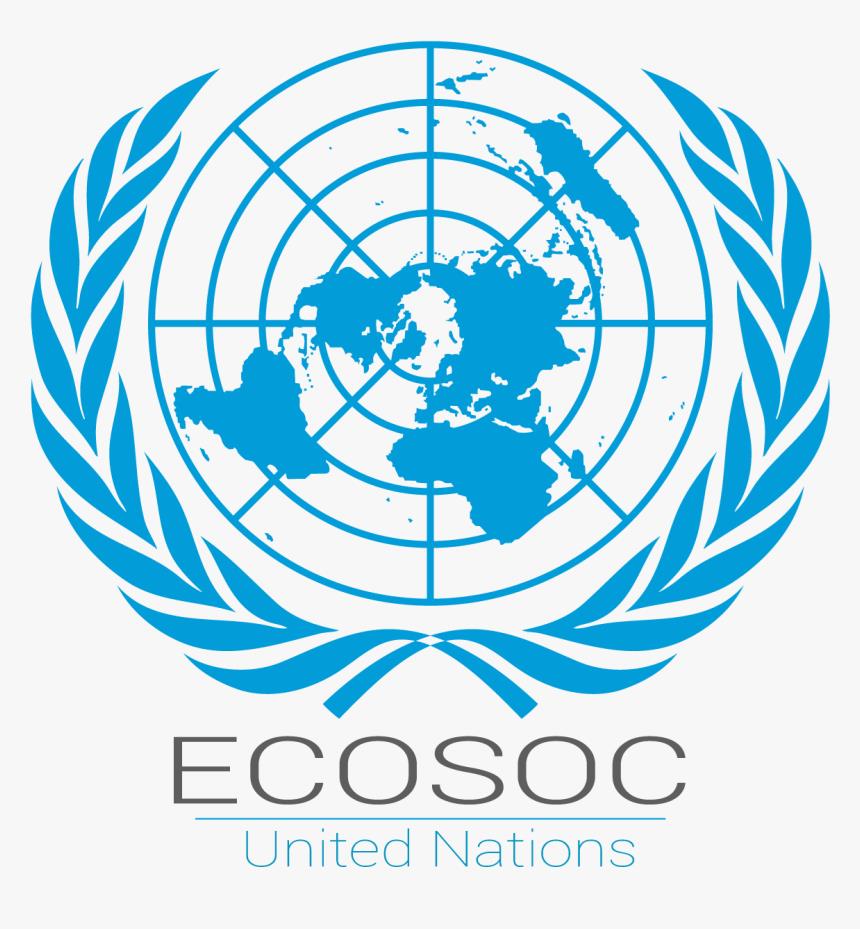Martina Centre for Sustainable Development


Overview
At the dawn of the 21st century, developing nations like Nigeria are still saddled with basic problems such as poverty, characterized by malnutrition, illiteracy, disease, poor housing and environmental degradation. In many instances, the condition of the ordinary people of these developing nations – who usually constitute over 70% of the population is below any reasonable definition of human decency.
Many international organizations and national governments have for many years addressed the problems, using different conceptual tools and practical approaches. Sometimes ago, the World Bank under Robert McNamara devoted considerable space and resources to the problems of World Poverty. The Bank published “Redistribution with Growth and Assault on World Poverty”, in addition to giving considerable attention to the poverty question in its 1980s and 1990s edition of World Development Report, within the same period, notable members of the industrialized nations, led by former German Chancellor, Willy Brandt, published ‘North – South’: A programme of survival. “The Brandt Report” as the Report of the independent commission on
international development issues came to be known, argued that the human species was in serious danger since half of the World’s population living in Asia, Africa and Latin America were threatened with death by starvation, arising from unacceptable conditions of extreme poverty. The report then called for urgent steps to be taken.
Since then, the world has witnessed the evolution of various sets of responses, ranging from “AID” through programmes developed and implemented directly by donor agencies to fundamental policy changes by national governments.
Those familiar with developing countries would agree that this condition of extreme poverty is most pronounced in the rural areas and among the poor sections of urban areas. In Nigeria, it is estimated that over 70% of the population live in the rural areas and poorer sections of urban centers. Certainly, both government and private organizations have over the years made efforts to tackle the various cases of poverty. However, the results have obviously been negligible and uneven.
CENTRE hopes to concentrate on studies and development action among the Middle-Belt people in particular and Nigeria in general.
Many international organizations and national governments have for many years addressed the problems, using different conceptual tools and practical approaches. Sometimes ago, the World Bank under Robert McNamara devoted considerable space and resources to the problems of World Poverty. The Bank published “Redistribution with Growth and Assault on World Poverty”, in addition to giving considerable attention to the poverty question in its 1980s and 1990s edition of World Development Report, within the same period, notable members of the industrialized nations, led by former German Chancellor, Willy Brandt, published ‘North – South’: A programme of survival. “The Brandt Report” as the Report of the independent commission on
international development issues came to be known, argued that the human species was in serious danger since half of the World’s population living in Asia, Africa and Latin America were threatened with death by starvation, arising from unacceptable conditions of extreme poverty. The report then called for urgent steps to be taken.
Since then, the world has witnessed the evolution of various sets of responses, ranging from “AID” through programmes developed and implemented directly by donor agencies to fundamental policy changes by national governments.
Those familiar with developing countries would agree that this condition of extreme poverty is most pronounced in the rural areas and among the poor sections of urban areas. In Nigeria, it is estimated that over 70% of the population live in the rural areas and poorer sections of urban centers. Certainly, both government and private organizations have over the years made efforts to tackle the various cases of poverty. However, the results have obviously been negligible and uneven.
CENTRE hopes to concentrate on studies and development action among the Middle-Belt people in particular and Nigeria in general.
At the upper tiers of government (i.e., States and Federal Government) the approaches tend to assume an undifferentiated Nigerian society. Hence, despite the vast expansion of governmental and non-governmental institutions and the huge resources expended on programs to alleviate poverty, the number of Nigerians living below poverty line has increased rather than decreased. Yet, if Nigeria must realize its enormous potential as a leading African country whose development will necessary impact positively on the rest of Africa, it is necessary to redefine development strategies and encourage alternative development models for the benefit of the poor.
Although the major responsibility of this crucial effort remains that of government, non-governmental agencies must be encouraged to continue to work alongside governments for the common goal of alleviating poverty. Such NGOs must be able to: (a) gather the necessary data on problems and resource possibilities and (b) work directly with the poor. By so doing, they will be able to sensitised the people; motivate them to identify their problems themselves; and collectively find answers to such problems with greater awareness, dedication and commitment. They would be assisted to tap from resources on offer from governments, development agencies and from non-governmental agencies as a compliment to their own self-efforts.
MARTINA CENTRE FOR SUSTAINABLE DEVELOPMENT takes off from the premise that any effective intervention must accept that Nigeria is a vast country with considerable diversity. While it must address the country’s general problems, any action-oriented NGO must focus on a specific issue or a convergence of issues within a specific region. We have opted for the later. We believe that focusing on a sub-region of the vast area known as Nigeria will enhance effectiveness.
Located within the Middle-Belt sub-region of central Nigeria, MARTINA
Although the major responsibility of this crucial effort remains that of government, non-governmental agencies must be encouraged to continue to work alongside governments for the common goal of alleviating poverty. Such NGOs must be able to: (a) gather the necessary data on problems and resource possibilities and (b) work directly with the poor. By so doing, they will be able to sensitised the people; motivate them to identify their problems themselves; and collectively find answers to such problems with greater awareness, dedication and commitment. They would be assisted to tap from resources on offer from governments, development agencies and from non-governmental agencies as a compliment to their own self-efforts.
MARTINA CENTRE FOR SUSTAINABLE DEVELOPMENT takes off from the premise that any effective intervention must accept that Nigeria is a vast country with considerable diversity. While it must address the country’s general problems, any action-oriented NGO must focus on a specific issue or a convergence of issues within a specific region. We have opted for the later. We believe that focusing on a sub-region of the vast area known as Nigeria will enhance effectiveness.
Located within the Middle-Belt sub-region of central Nigeria, MARTINA

